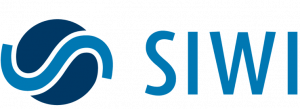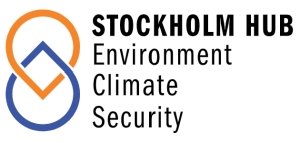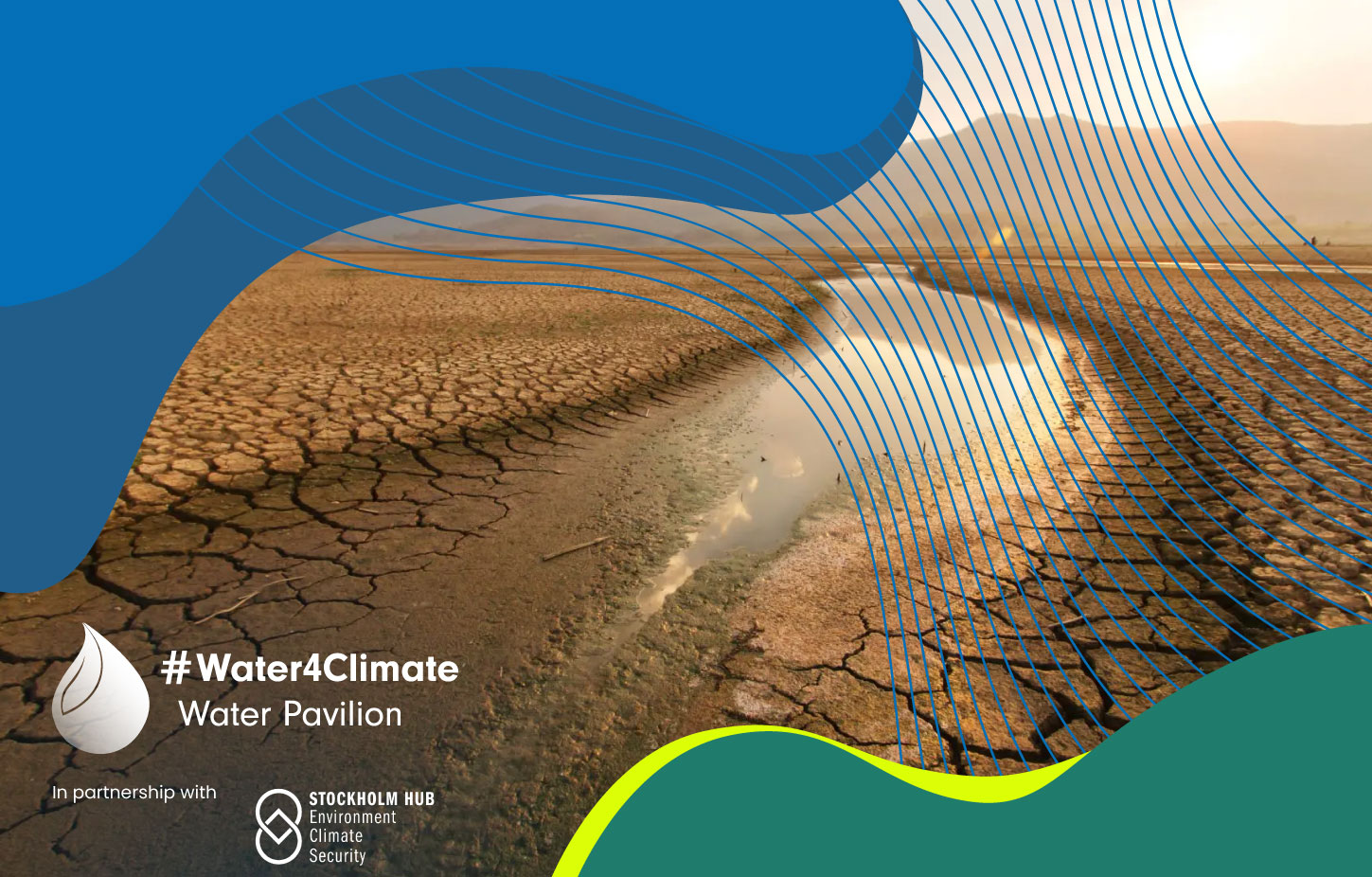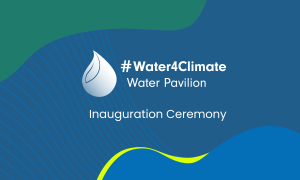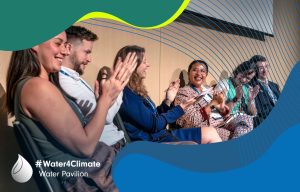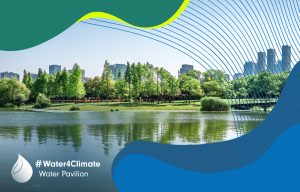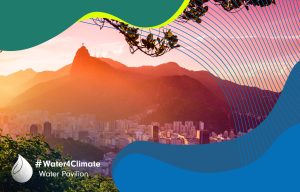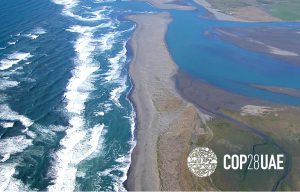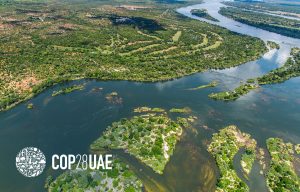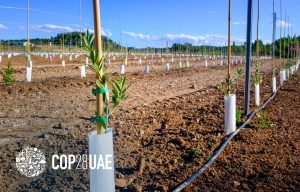The battle for truth in water, climate, and environment
Information manipulation and interference related to climate and water creates security risks, leads to polarization, and erodes trust in climate science. This session contributes to a better understanding of the impact of climate and water-related information manipulation and interference by examining consequences on climate-related security risks.
Information influence campaigns targeting the cause and consequences of climate change have security implications. The focus for information influence campaigns on water, including water cooperation, and climate change is under explored and can lead to polarization and erode trust in science. Case studies will analyze the intersection of climate change, politics, data/science, and communication, on climate and water-related information influence campaigns, including disinformation and fake news.
The session will further focus on tools for improving scientific literacy among the public and government officials. UNESCO has contributed research on the impact of information influence campaigns on climate change awareness and has underscored the need for open science. To increase available knowledge and data sharing for transparency.
Recommendations from the case studies on how to change the environment and communication landscape where information influence campaigns thrive, will be explored.
Watch the recording
What are the objectives of the webinar?
- Improved understanding of the impact of climate and water-related information manipulation and interference that can increase security risks.
- Engage with other sectors and other thematic areas outside water.
- Contribute to the knowledge on how social and environmental processes interact with human insecurity, tensions, and conflicts.
- Provide evidence-based insights on how transformative solutions can build security and prosperity.
- Provide tools for improving scientific literacy, in this area, among the public and government officials.
Who should participate?
- Government officials
- Scientists, climate experts
- Civil society
- Media
- Everyone interested in water and peace
Speakers
- Martina Klimes SIWI
- Katie Goldie-Ryder SIWI
- Bhanu Neupane UNESCO
- Jacob Baraza IHE Delft
- Karina Shyrokykh Stockholm University
- Michael Zinkanell Austrian Institute for European and Security Policy (AIES)
Speaker bios
Martina Klimes

Dr Klimes is Advisor for Water and Peace at SIWI and a member of the Scientific Programme Committee (SPC) of the World Water Week. She has over 15 years of experience working with dialogue facilitation, conflict resolution, political and security analysis, including practical work in the field and informal diplomacy processes.
Her main focus is on water diplomacy and water cooperation, climate and security, dialogue facilitation, incentives, and third-party involvement in negotiation processes. Martina’s book Using Carrots to Bring Peace? Negotiation and Third Party Involvement (World Scientific, 2016) focuses primarily on the effectiveness of aid conditionality and other external tools that third parties – from states and regional organizations to NGOs – bring to the table in peace negotiations.
She holds a PhD degree in International Relations and is also an Associated Research Fellow at the Institute for Security and Development Policy in Stockholm. Martina is a co-editor of forthcoming Routledge Water Diplomacy Handbook (2023) & she represents SIWI in the Stockholm Hub.
Katie Goldie-Ryder
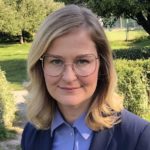
Katie supports the Shared Waters Partnership (SWP) programme, focusing on advancing SWP water diplomacy processes with a focus on Central Asia & Afghanistan and the Middle East engagements. Katie also supports the development of the International Centre for Water Cooperation’s water diplomacy curricula. She serves as the Youth Empowerment Champion for the TWC team.
Working closely with the programme managers and advisor for water and peace in the Transboundary Department, Katie provides efficient coordination, programme management and logistical support for several projects, ensuring effectiveness and sustainability across the work.
Katie has several years of practical experience building networks, supporting cooperative processes and multi-stakeholder dialogues in regional contexts. She holds a Master Degree in Peace and Conflict from Uppsala University and wrote her MA thesis for the ‘Equal Peace?’ project at the PRIO Centre on Gender, Peace and Security. Katie also holds a Bachelors Degree in Political Science and Global Developments from Huron University College.
Bhanu Neupane
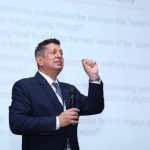
Neupane is trained in Hydrosystems, Water Resources Management and Knowledge Management. He has a PhD in water resources management from Canada and a second Doctorate degree in Business Administration from the International School of Management, France/USA.
He started his career as an Agriculture and Natural Resource Management Specialist for a governmental research organisation in Nepal. He joined UNESCO as a Programme Specialist in 2000 and served with the UN system-wide World Water Assessment Programme (WWAP). He was made responsible for the implementation of the International Hydrological Programme in South and Central Asia between 2005-2011. Currently he is working for UNESCO as an Advisor for ICT and Sciences and Open Access to Scientific Research. He is also working in the area of Open Data and climate change disinformation. He also serves a visiting professor and teaches courses related to knowledge Management, Multi-criteria Decision-Making, Water Resources management, and Disaster Risk Reduction.
Jacob Baraza Abumba

Jacob is a dynamic water and climate governance expert with over 13 years work experience designing, implementing and managing water and climate programmes. He is passionate about development cooperation, and good governance for water cooperation and sustainability. He possesses strong skill sets and experience in conflicts transformation and peace building, based on practice and research in water related conflicts With a strong background in Water Engineering from the Kenya Water Institute (KEWI), Jacob has a BSc in Environmental Conservation and Natural Resources Management (ECNRM) and MA in Environmental Law from the University of Nairobi Kenya, and an MSc in Water Manager and Governance from IHE Delft, Netherlands. Over the years, his educational and professional pursuits have led him into the world of multi-level transboundary water and climate governance, and climate governance, and digital water diplomacy.
Karina Shyrokykh

I am Associate Professor in International Relations at Stockholm University. My main research interests revolve around three themes: environmental and climate governance in Ukraine; Russian disinformation; European Union’s external climate policy promotion.
I also lead a work package on the sustainable rebuilding of Ukraine in a Nordic-Baltic knowledge-based input network to the rebuilding of Ukraine – Hromada (https://hromada.network/).
Michael Zinkanell, M.A.
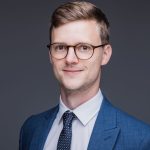
Michael is the Director of the Austrian Institute for European and Security Policy (AIES) in Vienna, one of the leading think tanks in Austria in the field of European security, defence, and foreign policy. In addition to his expertise in European security and defence policy and geopolitical developments, his focus lies on analysing security implications of hybrid threats, disinformation campaigns, and cyberattacks. In his current position, Michael Zinkanell is responsible for the operative and strategic management of the AIES, coordinates the Institute’s research projects, and closely collaborates with Austrian ministries and European stakeholders. He obtained his M.A. in International Development at the University of Vienna, Austria, and his B.A. in Peace and Conflict Studies from Malmö University, Sweden.
More events on SIWI @COP28
Water for Climate Pavilion
Check out the full schedule of sessions and discussions at the Water for Climate Pavilion, led by SIWI, in partnership with 60+ organizations.
See the event schedule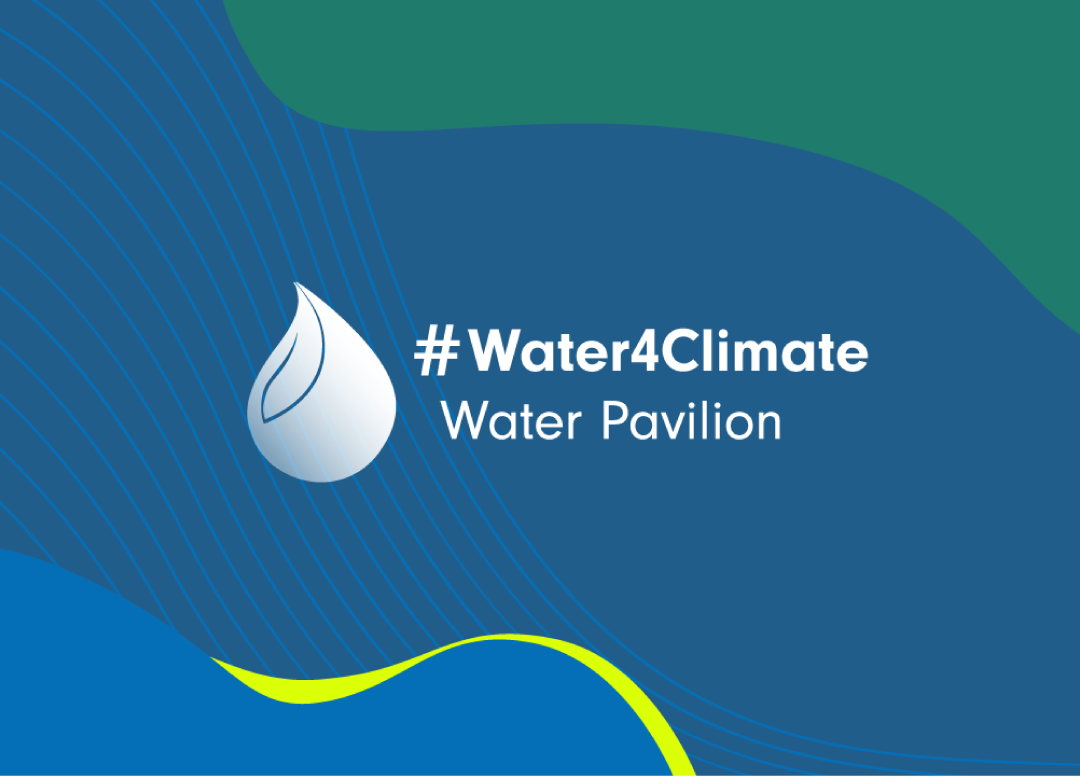
A partnership between
